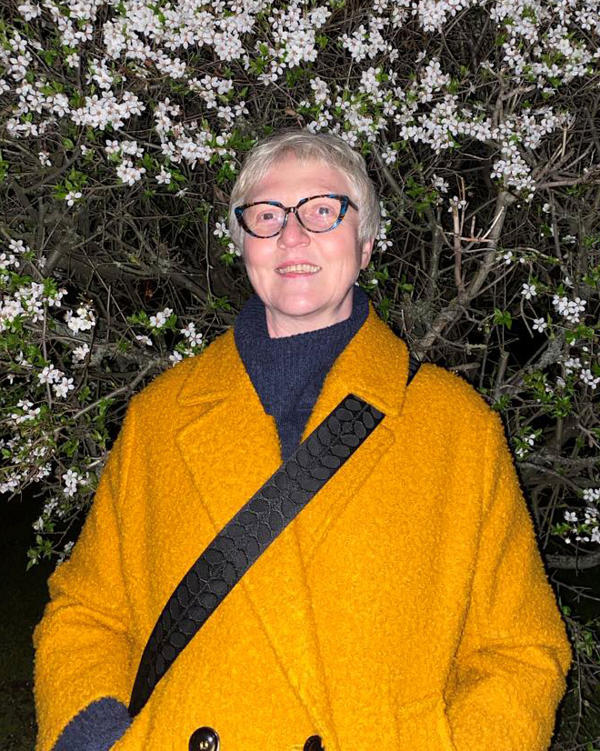City residents have jumped at the chance to hear more about one of the County’s most significant artefacts, Shakespeare's Marriage Bond.
 Professor Nicoleta Cinpoes
Professor Nicoleta Cinpoes
Held at The Hive in Worcester, it provides a link to arguably our greatest ever playwright – William Shakespeare.
But why is it here, what does it tell us? And what can we learn from this about marriage in the time of Shakespeare and how it is depicted in his works?
Renowned experts in the field will explore this mystery in a free local talk, now sold out. University of Worcester Professor of Shakespeare Studies, Nicoleta Cinpoes, will be speaking alongside Rev Dr Paul Edmondson, Head of Research for the Shakespeare Birthplace Trust, and Tom Mandall, Academic Liaison Librarian at the University.
Titled ‘The Mysteries of the Shakespeares' Marriage’, the talk takes place on Tuesday, February 11. More events are now planned at The Hive on Shakespeare in the future months.
“There's a lot of speculation around the conditions in which the bond was drawn - the legal implications, the understanding of the marriage union at the time, all of which were very different,” said Professor Cinpoes. “It was a very complex process, happening at a time when law and religion were very closely in touch, and follow very specific rules. The mystery surrounding the bond begins with the fact that both people to be married were not local, so they were not married in their parish. Why would a dispensation for the marriage of two people from a different parish come from Worcester?”
The marriage bond, dated November 28, 1582, was created to facilitate William Shakespeare and future wife Anne Hathaway’s marriage. It is one of the two documents recording this marriage and might have been produced to secure the marriage license, which is now lost. It is not known why a license was needed, but it is not impossible that Shakespeare may have come to Worcester to obtain it. It is also speculated that Shakespeare may have married in the City, though no records had been found about where.
The marriage bond is part of the archives of the Diocese of Worcester held in The Hive, with Worcestershire Archives & Archaeology Service. It is recognised by UNESCO and was added to the International Memory of the World Register.
The talk is a “three-way conversation which came out of a desire to have the Shakespeare footprint in Worcester opened up to the public from various points of view,” added Professor Cinpoes. “When we talk about Shakespeare, it's difficult to divorce the person from the works and, equally, the works from the person. So hopefully bringing a little bit more understanding of conventions, legislation and practices of his time, we might be able to engage both sides to be part of the conversation.
“The other aspect I'm interested in is how much marriage and the complex stages of completing the marriage union are depicted in Shakespeare's works and how his characters speak about that. Some of the situations work out well, others are meant to look farcical and funny, others very tragic. Putting marriage in its complexity up there, on a stage, makes for public exploration and debate about it.”